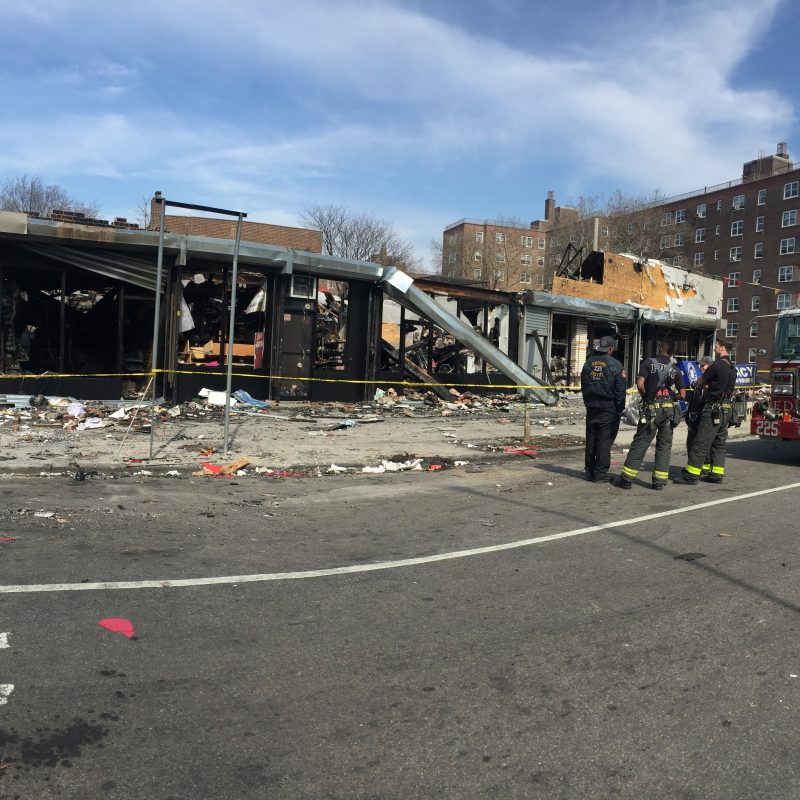Why Insurance Companies Love Spoilage Losses
You pay premiums that include spoilage coverage. Most policies provide $500 to $1,000 protection.
The U.S. Census reports 1 in 4 households experienced power outages in the past year. About 4.9 million households had food spoil.
Power outages cost the U.S. economy $150 billion annually according to the Joint Economic Committee. Insurance companies collect premiums on this risk but pay out far less than they collect.
The Deductible Game
Your standard deductible likely applies to spoilage claims. If you have a $1,000 deductible and lost $600 of food, you get nothing.
Some policies have separate lower deductibles for spoilage. Others waive deductibles entirely for food loss claims.
Insurance companies never volunteer this information. They prefer you assume the claim is not worth filing.
The Documentation Trap
Insurance companies demand extensive documentation. They want photos of every spoiled item, detailed lists, and purchase receipts.
Food spoils quickly after power returns. You must dispose of it immediately for health and safety.
The insurance company then denies your claim for insufficient documentation. They claim you cannot prove you lost what you say you lost.
The Covered Peril Exclusion
Policies only cover spoilage when power loss results from a covered peril. Storms, lightning, and fires typically qualify.
Widespread utility grid failures often do not. Insurance companies claim your loss stemmed from utility company problems, not covered storm damage.
The storm knocked down your local lines. The insurance company redefines it as a utility system failure.











